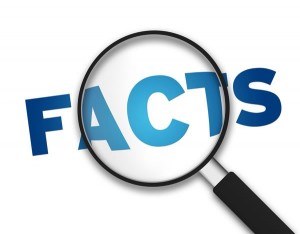Top 10 Ways To Repair Your Credit Score
You must never underestimate the value of having good credit. You will definitely need to repair your credit score so you are prepared if you want to use it in the future. For example, if you are a student, you’ll need to borrow a certain amount using a student loan in order to attend school. At this point, your credit history will definitely matter and will have a big impact on getting you the funds that you need.
If you are applying for a student loan, your creditor or the lending institution will probably request a copy of your credit report and the credit score, which comes from an authorized credit-reporting agency. This will help identify your credit criteria and will determine if you are qualified for a loan. And if you are, your credit score will influence what interest rate you will be paying for the funds.
You must be able to demonstrate good credit to be approved by most of the private student loans. This also applies to the loans you might need such as auto loans, business loans, and mortgages.
Here’s what you can do to keep your credit score high and your credit good.
1. Make your payments prompt and timely. Make sure that you don’t miss any deadline.
2. Pay the minimum monthly payments. This will repair your credit score remarkably.
3. Limit the number of credit card accounts you have open at any one time.
4. Maintain available credit on your open accounts.
5. Request a copy of your credit report at least once a year from each of the three national credit-reporting agencies.
6. Check your reports for errors. You must clear up any errors that do appear in your report right away, time is critical in this.
7. Don’t open multiple accounts all at one time, especially if your credit history is not good. This tends to look a bit risky to lenders because you are taking on a good deal of possible debt, all at once.
8. Remember that you must know how to prioritize your needs. Leave those credit cards that are not needed aside for a while. Then after you have recovered from all the other debts, you can add these cards back into your wallet. The new accounts will lower the average age of your account and this is something that counts toward your FICO score.
9. Don’t open accounts that are not necessary. They will just be a burden. Even if you have a very high income, you can still encounter some difficulties.
10. Make sure that you don’t close accounts with the thought that the account will be removed from your record. That will not help at all. Closing accounts can sometimes even hurt your score.


